deeky
No longer a newbie, moving up!
- Joined
- Jun 22, 2012
- Messages
- 1,244
- Reaction score
- 415
- Location
- Sioux Falls, SD
- Can others edit my Photos
- Photos NOT OK to edit
I'll echo what others have said - take a step back and get distracted. Just working through that with another hobby that I was spending hours a week on, and then none for months. Finally finding my way back to it and doing things I've never done before.
I will add one more point I haven't seen yet in this thread - you stated that your photos are lacking emotion. I disagree with that. They are simply reflecting the emotion you are carrying - it just happens to be neutral to negative. Find something else that will spark your emotion and passion and then let that be reflected in your photos. For me and my other hobby - fly tying, I had to see the excitement about fishing in my kids to put that emotion and passion back into my own fly tying.
I will add one more point I haven't seen yet in this thread - you stated that your photos are lacking emotion. I disagree with that. They are simply reflecting the emotion you are carrying - it just happens to be neutral to negative. Find something else that will spark your emotion and passion and then let that be reflected in your photos. For me and my other hobby - fly tying, I had to see the excitement about fishing in my kids to put that emotion and passion back into my own fly tying.


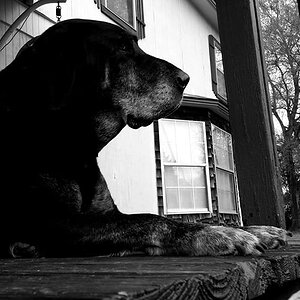

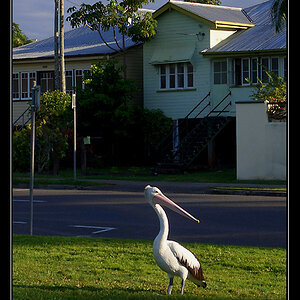
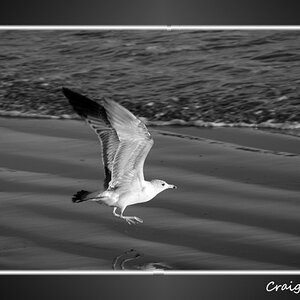
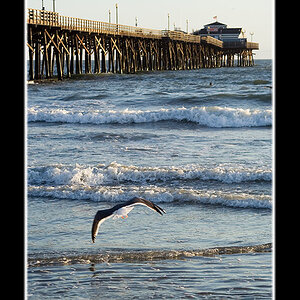
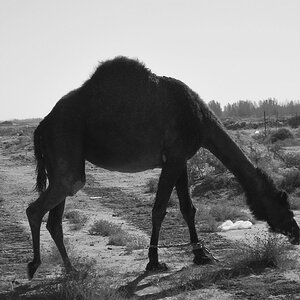
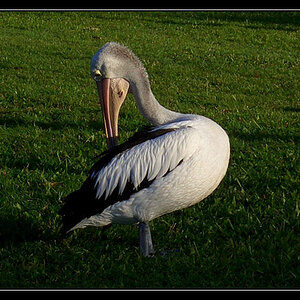
![[No title]](/data/xfmg/thumbnail/32/32706-50b778fbc110c8ea4472547d54c6a923.jpg?1619735610)
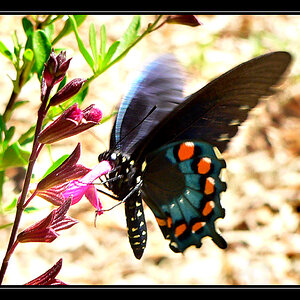

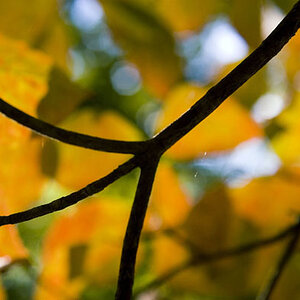
![[No title]](/data/xfmg/thumbnail/37/37636-e02c7efccb426a8951ed97a37c0f9307.jpg?1619738157)